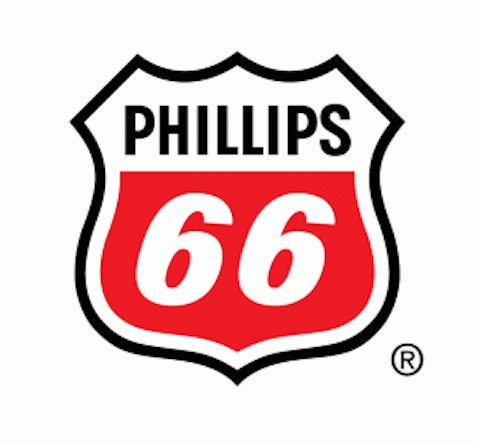Good things come to those who wait.
I’m sure a grandmother or other wisdom-giving person in your life has spoken these words. While this little tidbit of advice was probably not geared for investing, it sure is applicable. For investors who have waited for the prospects of the Bakken to turn for the better: Congratulations, your day has come. The recent earnings reports coming form exploration and production companies centered in the Bakken give a clear sign that a golden age is here. Let’s take a look at how we got there and who is making the most of the situation.

With no offense to residents of the region, the Bakken formation is in a pretty remote part of the country. So when companies started finding immense amount of resources in the region, there weren’t many ways to move it. America’s energy infrastructure had been built on imports for the past couple decades, and the takeaway capacity for crudes simply wasn’t there.
Despite the efforts of midstream companies to build out pipeline as quickly as possible, it simply couldn’t keep up with the feverish pace of production. So a couple companies decided to get clever. EOG Resources Inc (NYSE:EOG) pioneered the idea of using the existing rail infrastructure in the region to move oil to refineries, and now several companies have jumped on the tracks as well. Between 2011 and 2012 oil transport by rail has increased more than 45%, and most of this has been in the Bakken. Continental Resources, Inc. (NYSE:CLR), one of largest producers in the region, recently stated that the company is transporting about 70% of its 107,00 barrels per day via rail.
Taking a bite out of Brent
Rail transport proved to be a better idea than originally anticipated, because it did something that almost no oil pipeline had done, supply the refineries on the East and West coasts. Thanks to rail, refiners like Phillips 66 (NYSE:PSX) and Valero Energy Corporation (NYSE:VLO), which have relied heavily on Brent and Alaskan North Slope crudes for their refineries on the Atlantic and Pacific, are now able to bring in domestic crudes that are selling at a greater discount than their previous feedstocks. Both refiners have doubled down on the rail concept by purchasing 2000 and 1000 rail cars, respectively, to deliver to these harder to reach facilities.
The reason this has been working so well for the Bakken is because of its location. Many of the other unconventional shale plays are closer to either midcontinent refiners or America’s heart of refining, the Gulf Coast. This leaves the Bakken producers with little competition from the other shale plays in the U.S., which means that all they need to do is beat Brent prices. With Brent trading at $110 a barrel, that is pretty easy to do. This is one of the reason that Bakken crudes have seen the Bakken/WTI spread narrow in the past couple of months.
The golden age of the Bakken
For exploration and production companies in the region, the improved takeaway capacity means that they can also increase production without as great of a compromise on price. In 2012, Continental and Whiting Petroleum Corp (NYSE:WLL), the two largest producers in the Bakken, both increased their daily production rates quarter over quarter by 42% and 22%, respectively.
While this is a positive for all producers in the Bakken, it is much more important for the small E&P companies in the region like Kodiak Oil & Gas Corp (USA) (NYSE:KOG) and Triangle Petroleum Corporation (NYSEMKT:TPLM). Several of the larger players would be able to find a method to move product regardless, but sufficient takeaway capacity opens up the possibility for these smaller companies to compete. In 2012, both companies increased their daily production rates by more than 280%, and if takeaway capacity remains high, then they could potentially see similar results in 2013.
What a Fool believes
In EOG’s most recent conference call, CEO Mark Papa made the declaration that the Eagle Ford would pass the Bakken in production within two years. If producers continue to produce at these levels, though, the Eagle Ford will have to ramp up production very fast.
What is even more promising for the Bakken players is that even greater profits can be had. Not only are producers becoming more efficient, but transportation costs are likely to drop as well. As wonderful of an ally as rail has been for the Bakken, it is still about a $10 premium to traditional pipeline transportation. Once pipelines start to catch up to Bakken production, they will replace rail and the extra couple of dollars for transportation will go back to the producers.
The article 2013 Is the Golden Age for These Oil Companies originally appeared on Fool.com and is written by Tyler Crowe.
Fool contributor Tyler Crowe has no position in any stocks mentioned. You can follow him at Fool.com under the handle TMFDirtyBird, on Google +, or on Twitter@TylerCroweFool.The Motley Fool has no position in any of the stocks mentioned.
Copyright © 1995 – 2013 The Motley Fool, LLC. All rights reserved. The Motley Fool has a disclosure policy.




